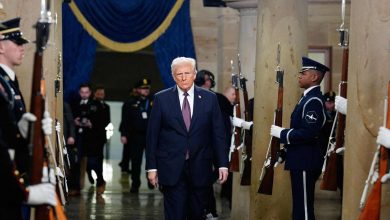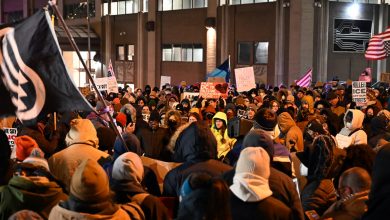Algiers – On Tuesday, Algeria’s media sector celebrates National Press Day, marking a significant moment as the nation completes the legal framework governing the industry. This comprehensive set of laws aims to enhance media practices and empower the national press to assume new roles suited to the challenges of the current phase.
Among these new responsibilities, national media outlets are expected to professionally accompany Algeria’s development efforts across various sectors and highlight the country’s achievements and reforms. The press also plays a critical role in combating disinformation campaigns and thwarting attempts to destabilize national unity and security.
The media sector has made remarkable progress, following reforms initiated by President Abdelmadjid Tebboune. These reforms promote freedom of expression and journalism within a broad framework of legislative and regulatory changes. The newly adopted laws aim to establish a professional, accountable media system committed to delivering accurate, complete, and objective information to the public.
Comprehensive Legal Framework Governing the Media Sector
With the ratification of key laws, including the Organic Law on Information and regulations overseeing broadcast, print, and online journalism, Algeria has finalized the implementation of related decrees. These include establishing regulatory authorities and the High Council for Professional Ethics. The regulatory framework also covers the basic law for journalists, a code of ethics, and the conditions for audiovisual communication.
A recent edition of the Official Gazette published the presidential decree defining the structure, organization, and operation of the High Council for Ethics in Journalism. This independent body, endowed with legal and financial autonomy, will be responsible for drafting, approving, and promoting the professional ethics charter.
The Ministry of Communication has also announced that, since mid-April, media outlets—both print and online—have begun adjusting their operations to comply with the new legal framework. This includes processing applications for new publications under the updated declaration-based system.
National Media Embarks on a New Chapter
Thanks to this robust legal framework, the national media sector is poised for a new era, aligned with the 2020 Constitution, which reflects the concerns of all stakeholders and respects societal values. This framework reinforces national identity while also embracing the demands of modern journalism.
President Tebboune has made press freedom a cornerstone of his governance, as enshrined in the Constitution. The document guarantees “freedom of print, audiovisual, and online media,” ensuring the right to free expression, creativity, and access to information sources. It also protects journalists’ independence and professional confidentiality, enabling them to launch newspapers, television channels, and websites through a simple declaration process, as stipulated by law.
President Tebboune’s support for the media sector has been reflected in several key measures over the past year. These include reducing the cost of news services from the Algerian News Agency, lowering VAT rates, and reducing hosting fees for online platforms through Algeria Telecom. Additional incentives include lower internet service prices and discounted rents for media offices at the Press House.
Media’s Legacy in the Fight for Freedom
This year’s celebration of National Press Day coincides with Algeria’s preparations to mark the 70th anniversary of the outbreak of the Algerian Revolution. During the liberation struggle, revolutionary media played a pivotal role in supporting the Algerian people’s fight for independence, internationalizing their cause, and countering the propaganda of French colonialism.
For further details, visit: DZWATCH.DZ
Author: Nor-Eleslam
Algerian media, National Press Day, legal framework, press freedom, President Tebboune, professional journalism, media reforms, ethics charter, Algerian Revolution




